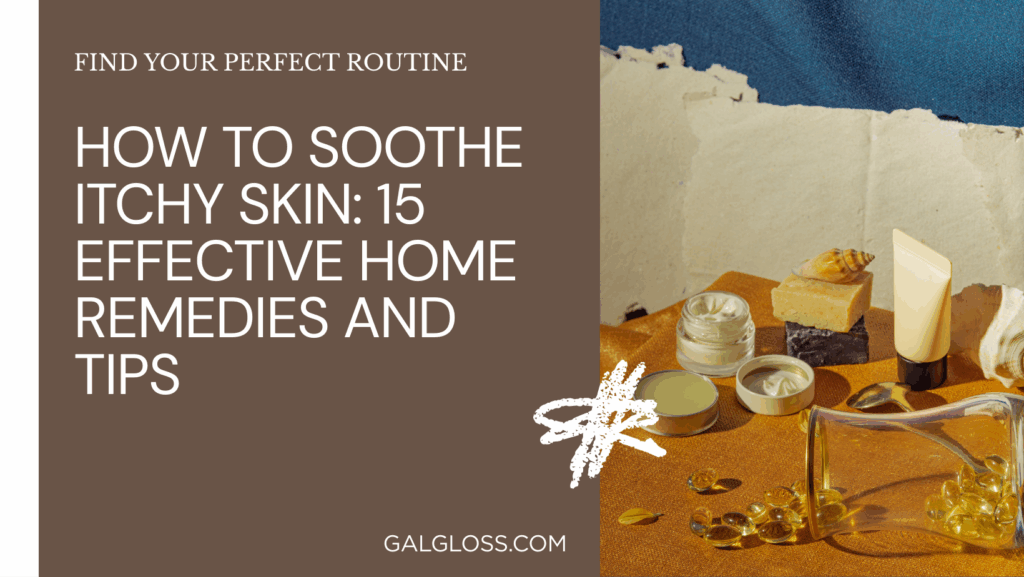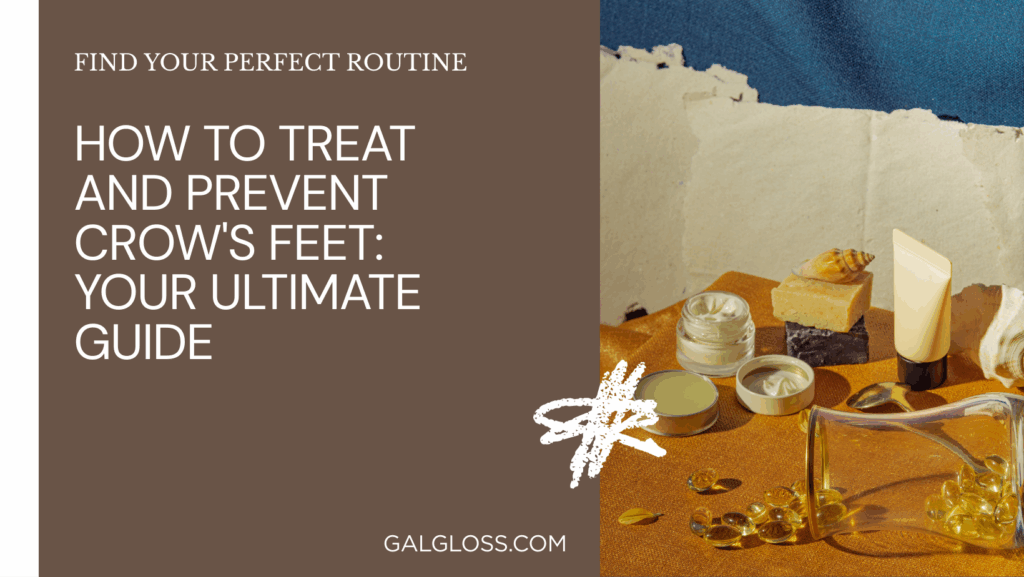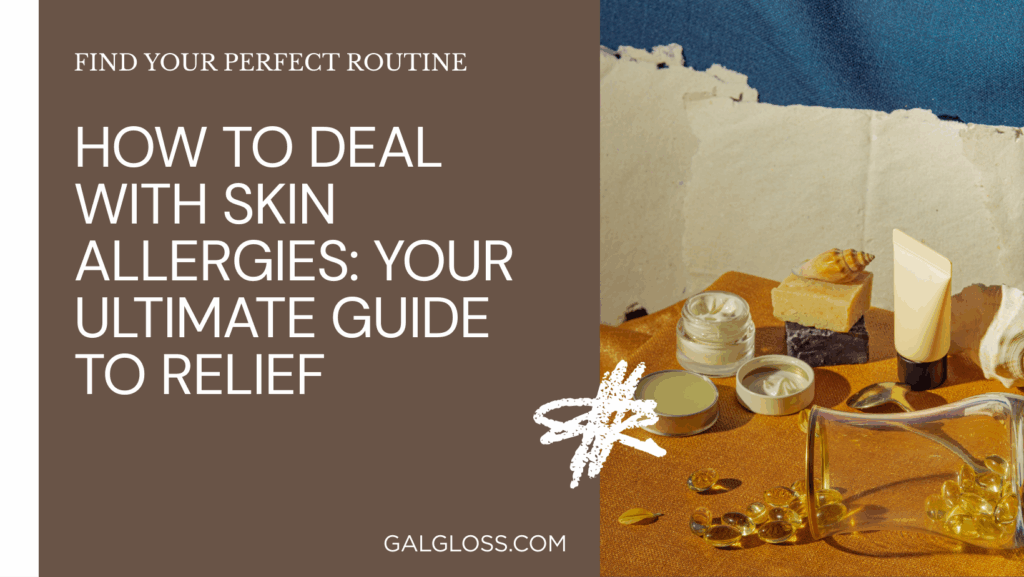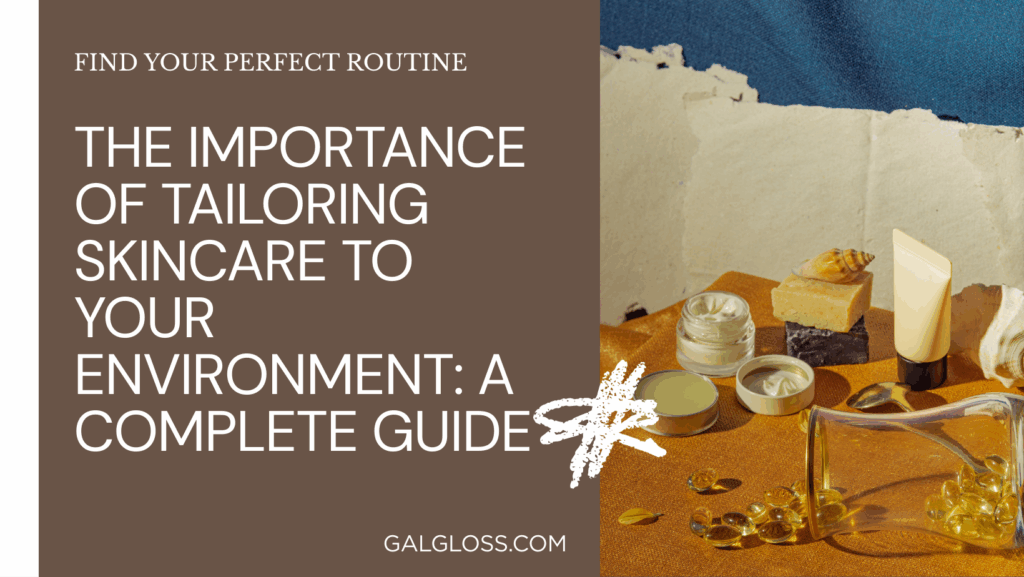Ever felt like your skin’s on fire, and you can’t stop scratching? We’ve all been there. Itchy skin can drive you up the wall, turning a perfectly good day into a scratchy nightmare. But don’t worry, I’ve got your back (and your itchy skin too)!
In this guide, we’ll dive into the world of itchy skin relief. Why? Because understanding your enemy is half the battle won. We’ll explore what causes that maddening itch, and more importantly, how to kick it to the curb.
From cool compresses to oatmeal baths, we’ll cover 15 tried-and-true remedies that’ll have you saying “ahhh” instead of “argh!” We’ll look at natural solutions, lifestyle tweaks, and over-the-counter options to give you a well-rounded arsenal against the itch.
But here’s the kicker: what works for your bestie might not work for you. Skin’s funny that way. So we’ll help you find your perfect itch-fighting match.
Ready to stop scratching and start living? Let’s dive in and show that itch who’s boss!
Understanding Itchy Skin

Before we jump into solutions, let’s get to the root of the problem. What’s causing your skin to throw this itchy tantrum?
What Causes Itchy Skin?
Itchy skin, also known as pruritus in medical speak, can be triggered by a whole host of factors. It’s like your skin’s way of waving a red flag, saying, “Hey, something’s not right here!”
Common causes include:
- Dry skin (hello, winter woes!)
- Allergic reactions (your skin’s way of saying “no thanks” to certain substances)
- Skin conditions like eczema, psoriasis, or dermatitis
- Insect bites (mosquitoes, we’re looking at you)
- Certain medications
- Underlying health issues
Common Triggers and Irritants
Sometimes, the culprit behind your itchy skin is hiding in plain sight. Here are some usual suspects:
- Harsh soaps and detergents
- Wool or synthetic fabrics
- Hot showers (as tempting as they are)
- Low humidity
- Stress (yep, it affects your skin too)
- Certain foods (for those with food allergies)
Now that we’ve got the 411 on itchy skin, let’s move on to the good stuff – how to make it stop!
Quick Relief Techniques
When the itch hits, you want relief, and you want it now. Here are three quick fixes to try:
1. Cool Compress Application
Why it works: Cold reduces inflammation and numbs nerve endings, giving you instant relief.
How to do it:
- Soak a clean cloth in cool water
- Wring out excess water
- Apply to itchy area for 5-10 minutes
- Repeat as needed
Pro tip: Keep a few clean cloths in the fridge for emergency itch attacks!
2. Oatmeal Baths
Oatmeal isn’t just for breakfast – it’s a skin-soothing superhero!
Why it works: Oatmeal has anti-inflammatory properties and helps maintain skin’s natural barrier.
How to do it:
- Fill bathtub with lukewarm water
- Add 1 cup of colloidal oatmeal (or grind regular oats into a fine powder)
- Soak for 15-20 minutes
- Pat skin dry gently
3. Aloe Vera Gel
Nature’s own itch-relief in a leaf!
Why it works: Aloe vera has anti-inflammatory and cooling properties.
How to use:
- Cut open an aloe leaf and scoop out the gel (or use store-bought pure aloe vera gel)
- Apply directly to itchy skin
- Let it absorb naturally
Natural Remedies for Itchy Skin
Mother Nature’s got your back when it comes to soothing itchy skin. Here are some tried-and-true natural remedies:
1. Coconut Oil
This tropical treasure is more than just a cooking oil.
Benefits:
- Moisturizes dry skin
- Has antimicrobial properties
- Reduces inflammation
How to use: Apply a thin layer of virgin coconut oil to affected areas.
2. Apple Cider Vinegar
Don’t let the smell put you off – this stuff works wonders!
Benefits:
- Balances skin’s pH
- Has antimicrobial properties
- Can provide itch relief
How to use:
- Mix equal parts water and apple cider vinegar
- Apply with a cotton ball
- Rinse off after 15 minutes
Caution: Don’t use on broken skin – ouch!
3. Baking Soda Paste
This kitchen staple is a skin-soothing superstar.
Benefits:
- Relieves itching and inflammation
- Can help with insect bites and rashes
How to use:
- Mix baking soda with a little water to form a paste
- Apply to itchy areas
- Leave for 10 minutes, then rinse off
4. Chamomile Tea Compresses
Not just for bedtime relaxation!
Benefits:
- Anti-inflammatory
- Soothes irritated skin
How to use:
- Brew strong chamomile tea and let it cool
- Soak a clean cloth in the tea
- Apply to itchy skin for 10-15 minutes
5. Witch Hazel
This natural astringent is a skin-care secret weapon.
Benefits:
- Reduces inflammation
- Soothes itching
- Has a cooling effect
How to use: Apply witch hazel directly to skin with a cotton ball.
Lifestyle Changes to Reduce Itching
Sometimes, the key to stopping the itch is changing your daily habits. Here are some tweaks that can make a big difference:
1. Moisturizing Routines
Keeping your skin hydrated is crucial for preventing and relieving itchiness.
Tips:
- Moisturize right after bathing while skin is still damp
- Use fragrance-free, hypoallergenic moisturizers
- For extra dry areas, try petroleum jelly or thick creams
2. Gentle Skincare Products
Your skin deserves TLC, not harsh chemicals.
Tips:
- Use mild, fragrance-free soaps
- Opt for hypoallergenic laundry detergents
- Avoid products with alcohol or artificial fragrances
3. Avoiding Hot Showers
I know, I know – hot showers feel amazing. But your skin begs to differ.
Why it matters: Hot water strips your skin of natural oils, leading to dryness and itching.
Tips:
- Use lukewarm water for showers and baths
- Limit shower time to 10-15 minutes
- Pat skin dry gently instead of rubbing
4. Wearing Breathable Fabrics
Let your skin breathe, folks!
Tips:
- Choose loose-fitting clothes made from natural fibers like cotton
- Avoid wool and synthetic fabrics that can irritate skin
- Change out of sweaty clothes promptly after exercise
Over-the-Counter Solutions
When natural remedies aren’t cutting it, it might be time to hit the pharmacy. Here are some OTC options to consider:
1. Antihistamines
These are your go-to for allergy-related itching.
How they work: Block histamine, the chemical that causes itching in allergic reactions.
Options:
- Oral antihistamines like Benadryl or Zyrtec
- Topical antihistamine creams
2. Hydrocortisone Creams
A mild steroid that can provide quick relief.
How it works: Reduces inflammation and itching.
Usage: Apply a thin layer to affected areas. Don’t use for more than a week without consulting a doctor.
3. Calamine Lotion
An oldie but a goodie!
How it works: Soothes and relieves itching, especially from insect bites and poison ivy.
Usage: Apply directly to affected areas as needed.
When to See a Doctor
While most itchy skin can be managed at home, sometimes you need to call in the pros. Here’s when to book that doctor’s appointment:
Persistent Itching
If your itch sticks around for more than two weeks despite home remedies, it’s time to get checked out.
Signs of Infection
Watch out for:
- Redness that spreads
- Swelling
- Warmth in the affected area
- Pus or fluid discharge
These could indicate an infection that needs medical attention.
Accompanying Symptoms
If your itchy skin comes with any of these buddies, see a doc:
- Fever
- Unexplained weight loss
- Trouble sleeping due to itching
- Yellowing of the skin or eyes
These could be signs of an underlying condition that needs treatment.
Prevention Tips
An ounce of prevention is worth a pound of cure, right? Here are some ways to keep itchy skin at bay:
1. Staying Hydrated
Drink up! Proper hydration helps keep your skin moisturized from the inside out.
Tip: Aim for 8 glasses of water a day, more if you’re active or in hot weather.
2. Managing Stress
Stress can wreak havoc on your skin. Find ways to keep calm and carry on.
Ideas:
- Practice meditation or deep breathing
- Regular exercise
- Adequate sleep
- Hobbies that help you relax
3. Identifying and Avoiding Triggers
Keep a skin diary to track what might be causing your itchy skin flare-ups.
Things to note:
- Foods eaten
- Products used
- Environmental factors (weather, humidity)
- Stress levels
Once you identify your triggers, you can take steps to avoid them.
Conclusion
Whew! We’ve covered a lot of ground, from understanding why your skin’s throwing an itchy fit to 15 ways to show that itch who’s boss. Remember, everyone’s skin is unique, so what works for one person might not work for another. It’s all about finding your perfect itch-fighting match.
Here’s the takeaway: Don’t let itchy skin rule your life. With these tips and tricks up your sleeve, you’re well-equipped to soothe that scratch and get back to living your best, itch-free life.
Start with the quick relief techniques when the itch hits, then explore the natural remedies and lifestyle changes to keep itchy skin at bay long-term. And don’t forget – if that itch is stubborn or comes with worrying symptoms, don’t hesitate to chat with a healthcare pro.
Your skin’s got your back (literally), so return the favor by giving it the TLC it deserves. Here’s to happy, healthy, itch-free skin!





